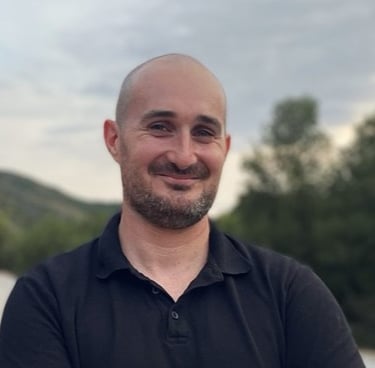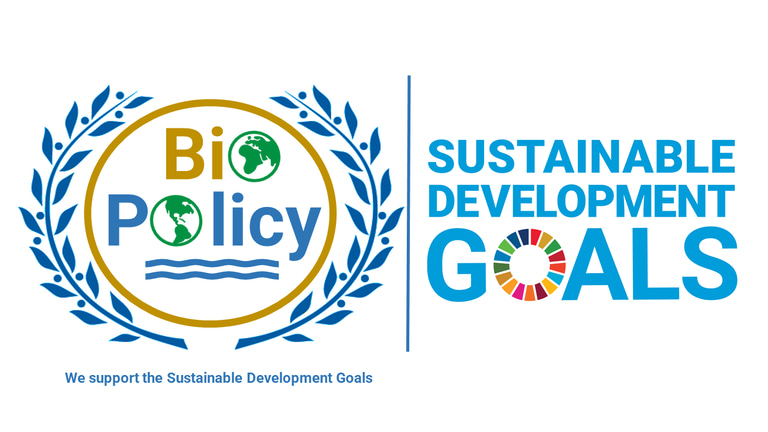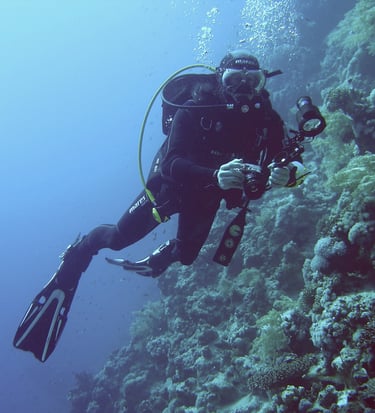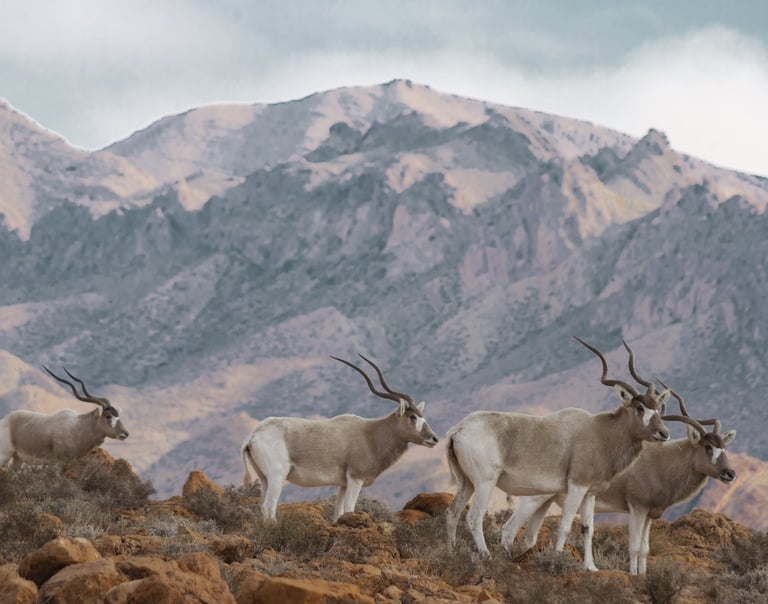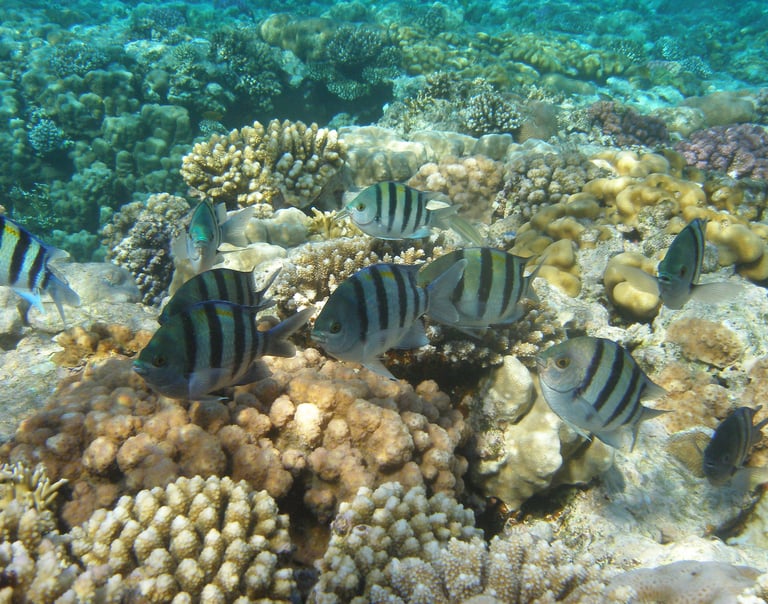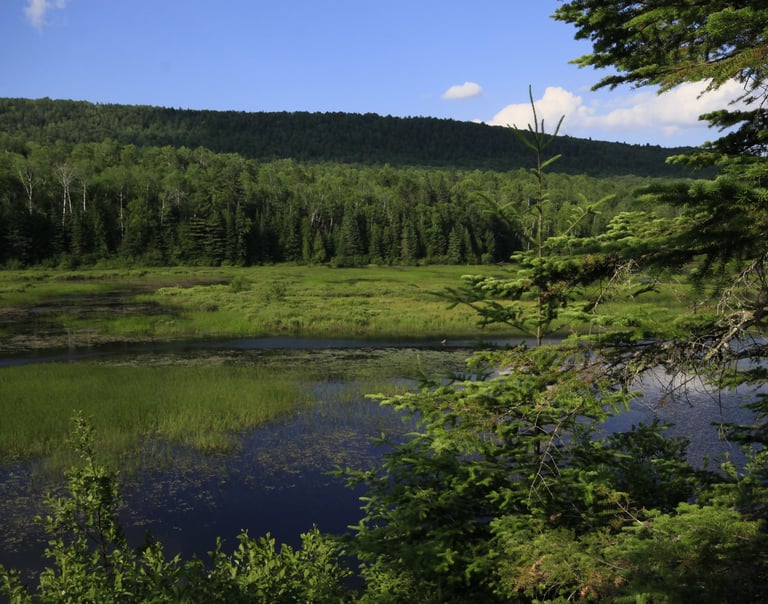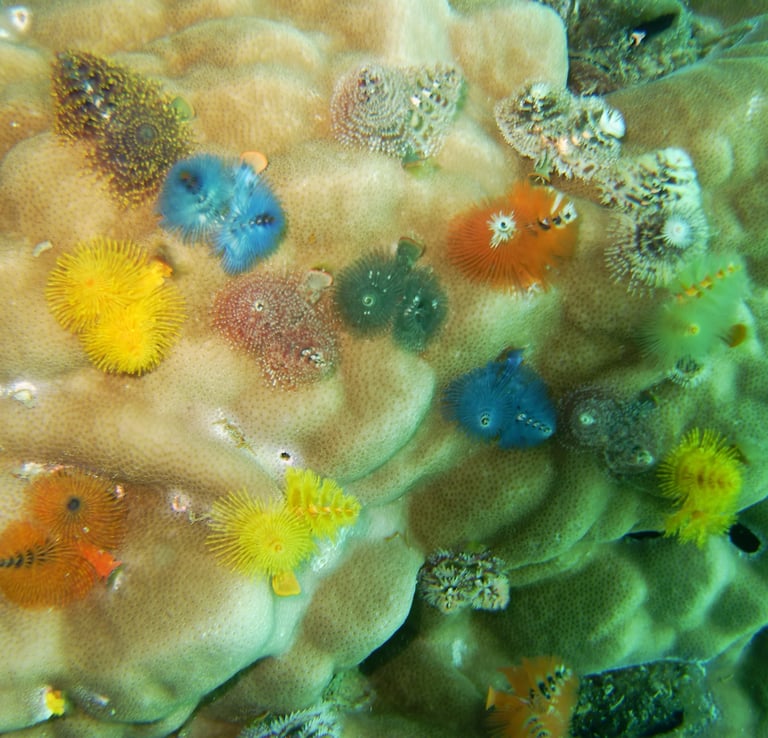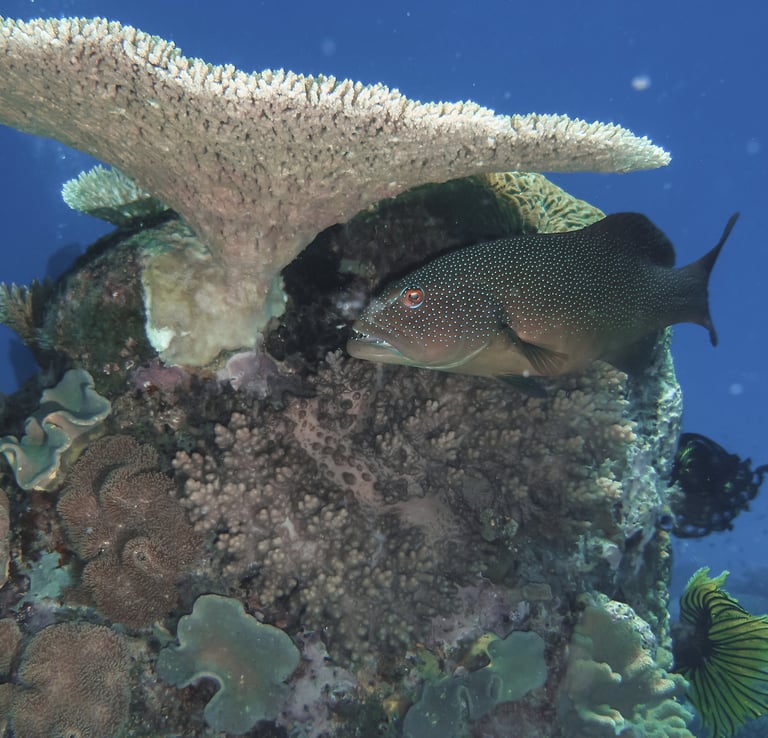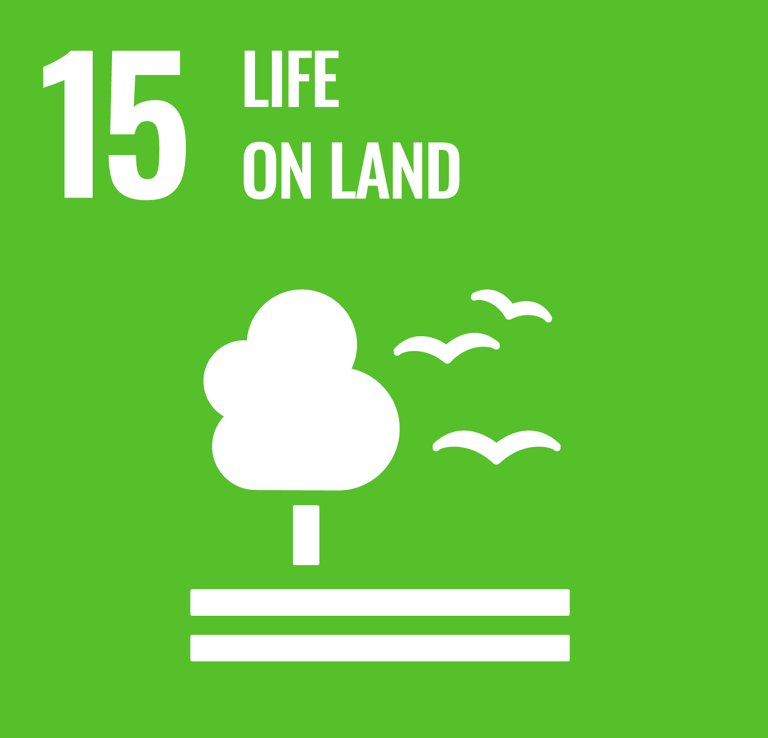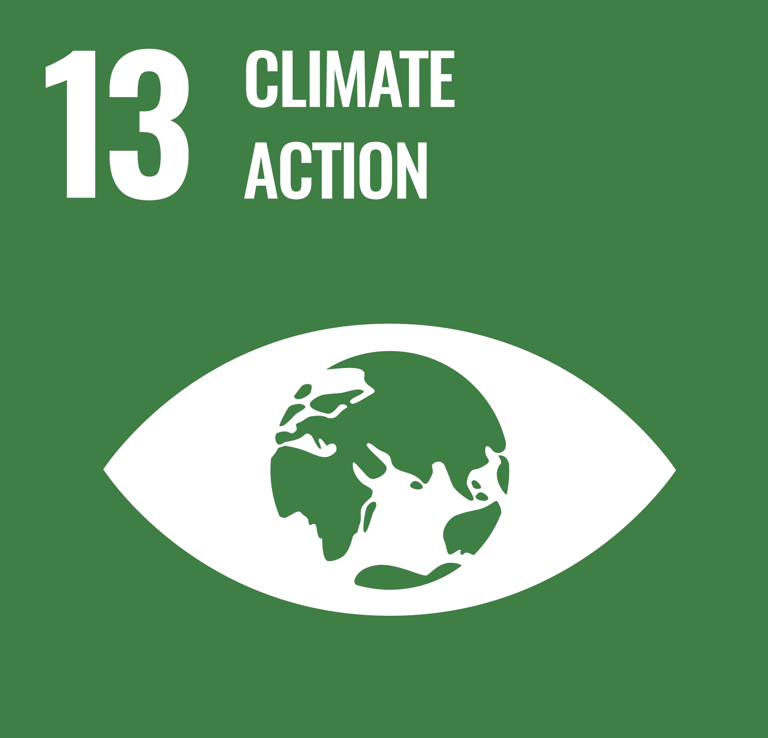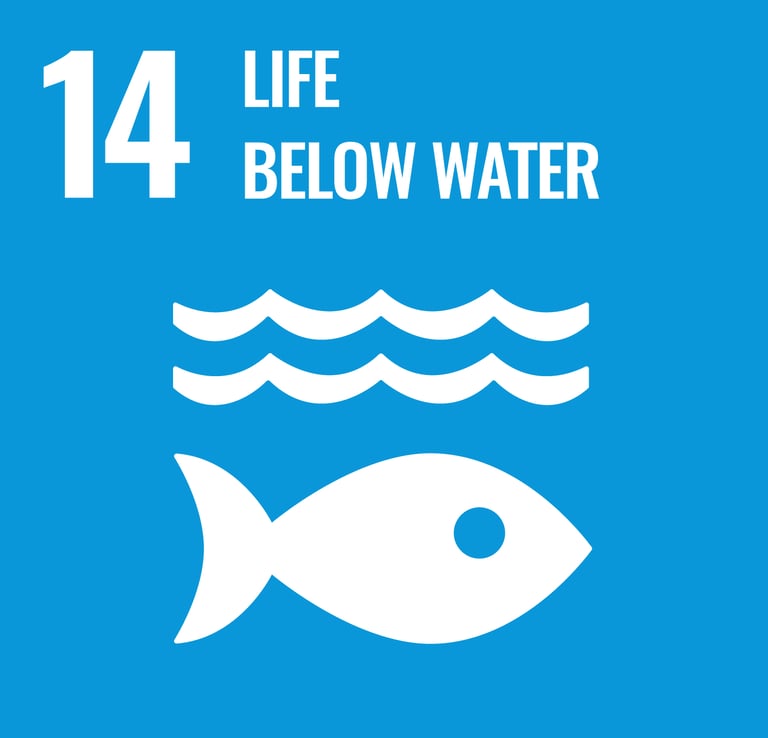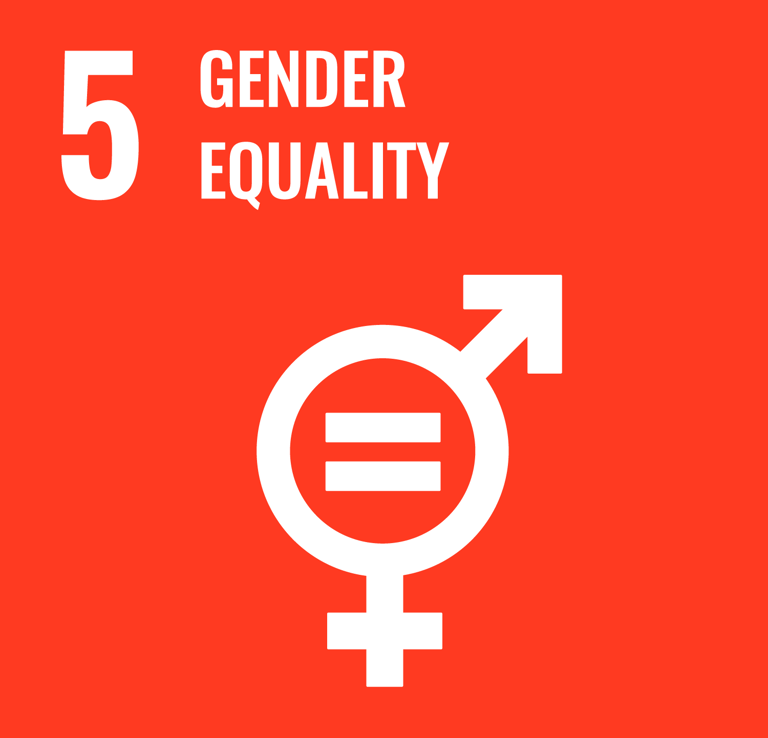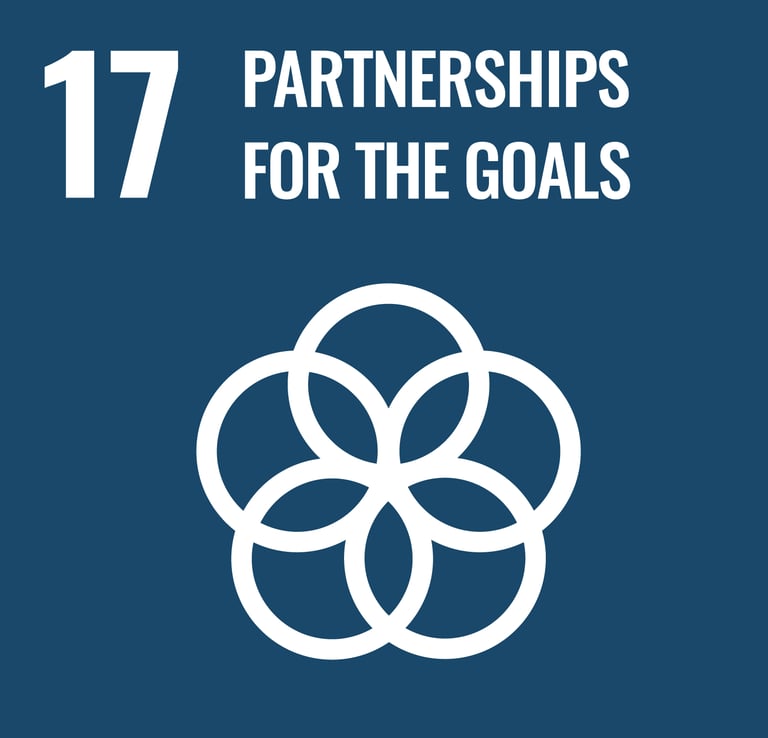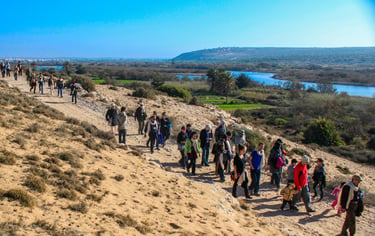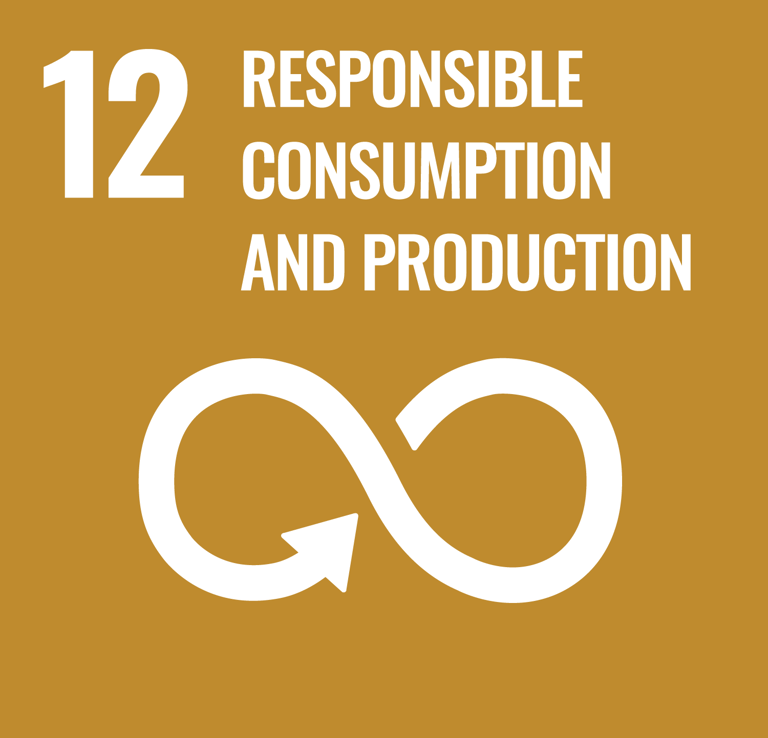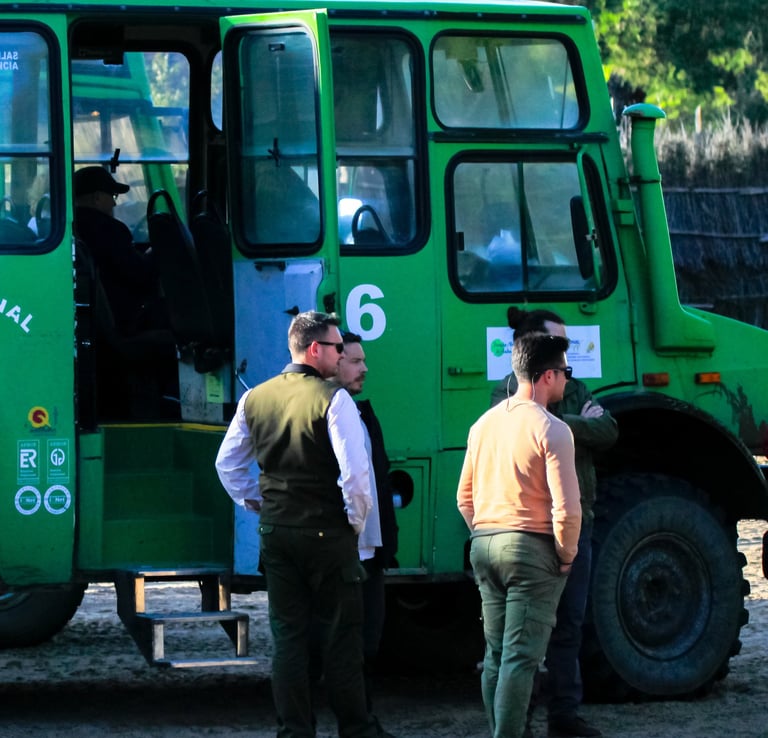Biodiversity Policy Solutions
Scientific and technical support for Sustainable Development Goals
Brief overview of our consulting services
Scientific and technical mainstreaming towards implementation facilitation by policy makers. Wildlife and natural resources management. Spatial planning and management. Protected areas creation and management. Ecological Restoration. Game management including capture, tagging, non-lethal hunt & release. Workshops, seminars and training facilitation. Awareness and educational material, documents and books edition.
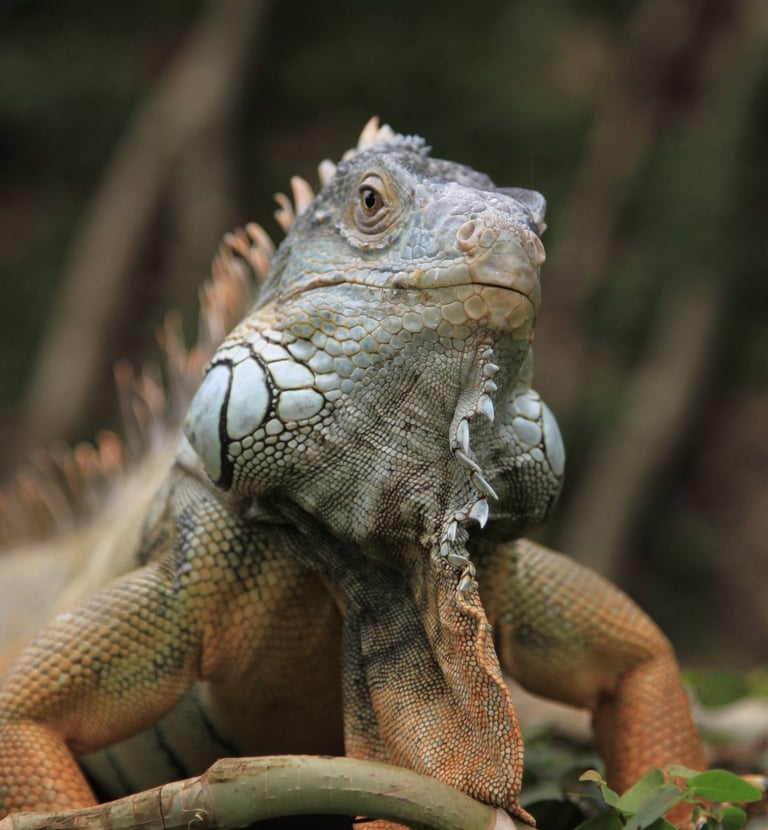

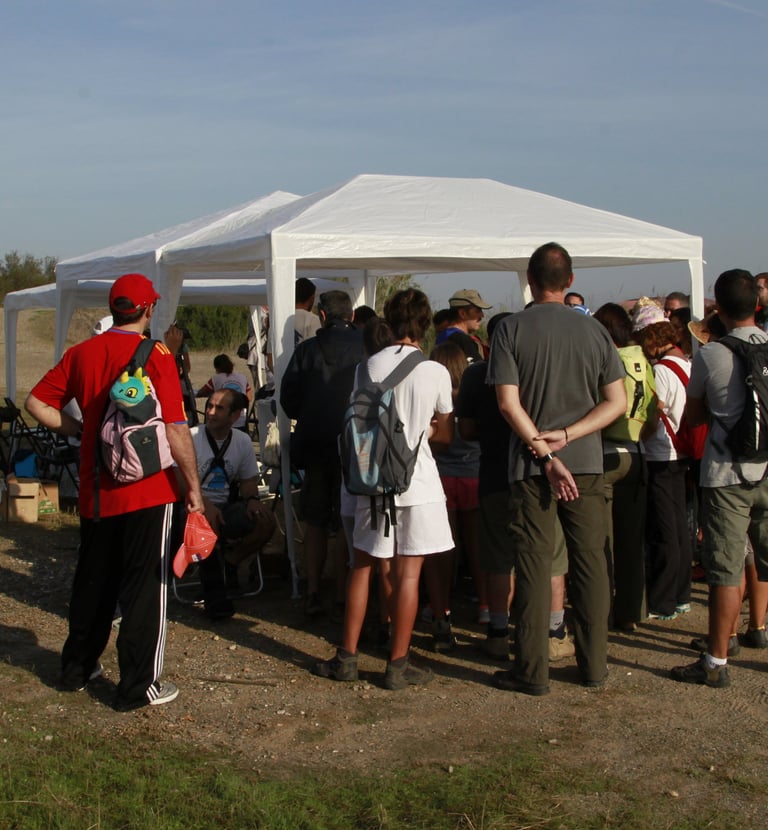

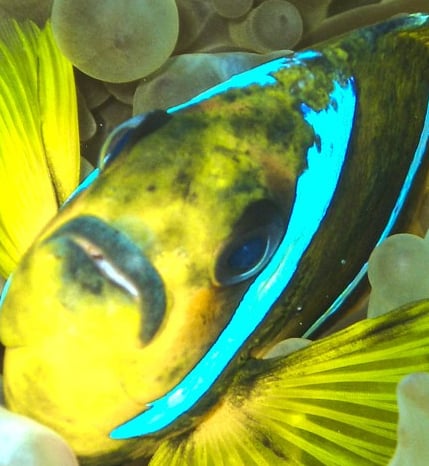







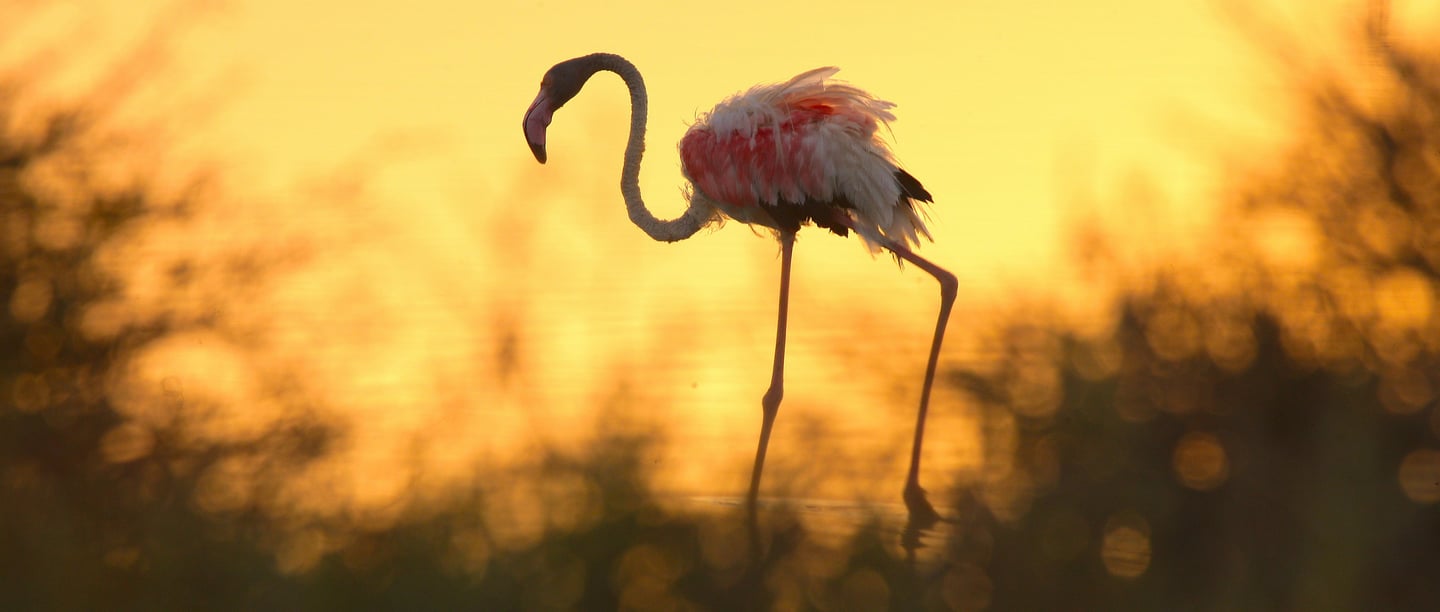

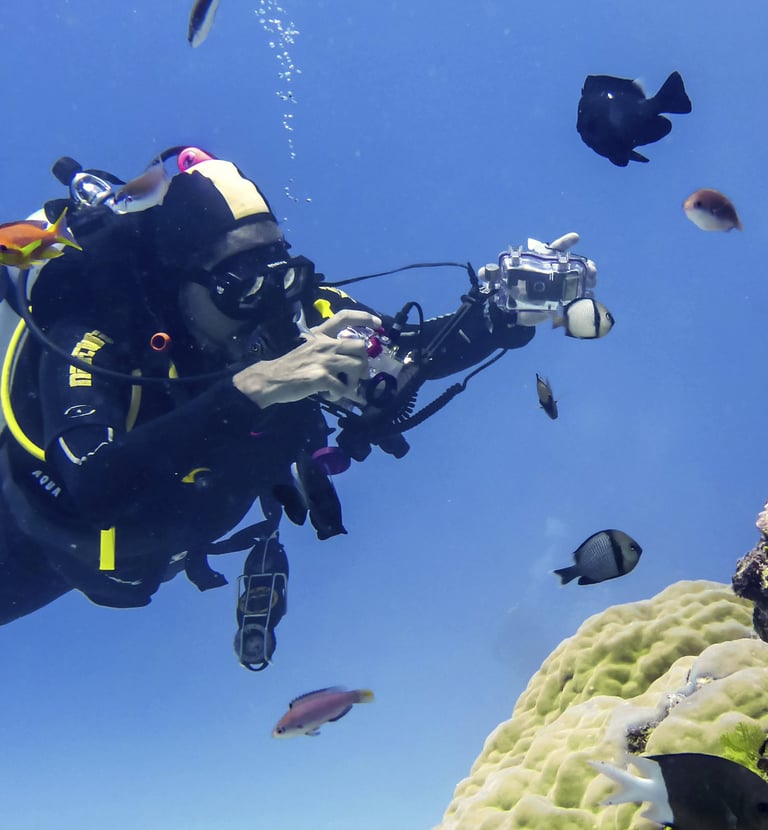

Daniel Cebrián,PhD.
Scientific background
Daniel Cebrián contributes from the eighties to fields related to conservation research and global biological diversity governance and preservation policies, with a background on environmental policy development, including for High Seas, and related Science interface. He holds a Summa cum Laude PhD in Biological Sciences applied to endangered fauna conservation by the UCM, directed by the Biological Station of Doniana, Spain. He also holds a commercial diver licence issued by the National Diving School of Kalymnos. Ministry of Merchant Marine, Greece; and logs many hundreds of scientific dives in the Mediterranean and Caribbean Seas, the Atlantic, Indian and the Pacific Oceans.
He has a solid base on biodiversity, conservation of threatened species and habitats, as well as related human factors, including natural resources management, fisheries, pollution and socioeconomic issues. His work took him to act on behalf of many countries´ biodiversity embracing five continents, and represent multilateral regional institutions in well over three hundred international events, meetings and negotiations.
Major occupational activities
He leaded as Coordinator the Strategic Actions Programme for Biodiversity (SAP BIO) of the Barcelona Convention along 20 years, within the Regional Activity Centre for Specially Protected Areas, UNEP-Mediterranean Action Plan. His direct contributions to multilateral and other international events around the globe account for more than 200 ones, presented in all the inhabited continents.
He created for UNEP strategies to boost the Mediterranean countries capacity to create networks of MPAs and transboundary MPAs in the open sea, including deep seas; for the creation and management of Mediterranean EBSAs; supported the Mediterranean region to evaluate the vulnerability and effects of climate change on marine biodiversity; achieved the legal protection in all the Mediterranean countries of dozens of endangered species; and boosted actions on reducing incidental catch in fisheries, achieving with his team and partners in May 2023 the European Union Award EU4Ocean Coalition Navy Blue Award first prize for the multipartner project “MedBycatch: Understanding Mediterranean Multi-Taxa Bycatch of Vulnerable Species and Testing Mitigation – A Collaborative Approach”.
He developed a new UNEP Post-2020 SAP BIO, adopted on December 2021 by the Parties to the Barcelona Convention in Antalya, Turkey. His work on support of open ocean conservation aided the creation of 15 EBSAs, a cetacean migration corridor and the agreement in 2022 by the Marine Environment Protection Committee of the IMO for the designation of the North-Western Mediterranean Sea as a PSSA. He further mainstreamed key global marine conservation needs on behalf of the UNEP-Mediterranean Action Plan into the Kunming-Montreal Global Biodiversity Framework (GBF) adopted in Montreal, Canada, on December 2022.
Dr. Cebrián expeditions included thousands miles of marine explorations and biodiversity mapping of key ecosystems and species in the Mediterranean, also covering hotspots of the critically endangered Monk seal M. monachus across all its Mediterranean range and the cartography of hundreds of their marine breeding and resting caves in the countries where they remain and where historically inhabited.
Learn about our leading experts
Beatriz Gonzalez, PhD.
Scientific background
Dr Gonzalez has been contributing for many years on fields related to vulnerable species conservation research, management and habitat suitability prediction modelling. She holds a PhD in Biological Sciences on evolutive ecology by the University of Seville, having also post-master studies on GIS Remote Sensing & Cartography by the University of Alcalá de Henares, Spain plus many specialization GIS courses. She masters a comprehensive use of GIS software for biodiversity and human activities management planning, including images and georeferenced databases analysis as well as processing of remote sensing (Satellite) data: ArcGisPro, ArcGis online (ArcView and geo-app of Esri like appInstant and dashboard), Arc-View, GoogleEarth, GoogleEarth Pro, Idrisi, Envi, Dynamic Atlas, CartaLinx, PCI…
Major occupational activities
Among her career achievements she developed a vulnerability mapping tool geo-app for countries' policy priorities guiding. The tool is a dynamic and interactive atlas which allows to visualize on maps Organizations' and States' interventions, as well as different selected socio-economic indicators. This tool is very useful for managers to visualize data quickly and clearly according to its spatial distribution and help make better geo-focused decisions in vulnerable and needy areas. She has supported a multilateral organization to put this app in place; and teams from countries in America and Africa to locally build and put into operation this tool.
She is skilled in technical assistance & advisory services on Spatial Data Infrastructure building. Dr. Gonzalez has supported the implementation of the VRAM process (Vulnerability and Risk Analysis & Mapping) in countries such as Kosovo, Tunisia, Libya, Sudan, South Sudan, Qatar.
She also elaborated diverse Geographical Information Systems GIS and linked Dynamic Atlas for landscape ecology for the fight against desertification and fires. Developed critical habitat suitability assessment using Geographical Information Systems to elaborate maps of key habitat areas and habitat suitability models. Cartographed key IBAs (Important Bird and Biodiversity Areas) and critical habitats and rendered Google Earth Pro shape files. Monitoring and spatial habitat assessments of key critical areas for vulnerable and endangered species and contribution to the making of IMAPs form also part of her experience.
She supports faunistic monitoring in National Parks, through the use of networks of camera traps: Installation of cameras of different models in wooded areas, savannah, scrub, sandy plains, river streams and rocky slopes. Placement of bait to attract predators. Periodic image retrieval and storage. She adds to that her capacity as trainer of ornithologists, migrant birds trapping, physiological parameters recording and banding.
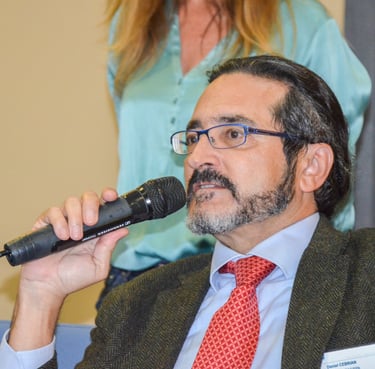



Marie Romani, MSc.
Scientific background
Engineer with Marine Specialization ISITV (SeaTech) and Master in Water management ENGREF (AgroParisTech), Marie Romani is an experienced marine biodiversity and human networking facilitator with 15+ years of demonstrated working history, most of which acting with responsible roles in the non-profit sector at Mediterranean and International levels.
Skilled international protected areas specialist, with a solid background and expertise in EU, Mediterranean and international biodiversity policies; partnerships and fundraising.
Major occupational activities
Marie Romani has worked from 2004 to 2006 for WWF France on projects related to freshwater and wetlands conservation in France and in the Niger River basin. She was from 2006 to 2009 the coordinator of the coastal lagoons network in Languedoc-Roussillon (France) for the regional natural areas conservation organisation (CEN-LR).
From 2009 to 2024, she was the Executive Secretary of MedPAN, the network of Mediterranean Marine Protected Areas, made of public organizations and NGOs as members and partners. She was in charge of the overall coordination of the MedPAN Secretariat team based in Marseille and the relation with the Board of Directors of MedPAN.
She has coordinated the development and the technical and financial implementation of the MedPAN strategies (2009-2012, 2013-2017, 2019-2023) and annual action plans.
She has coordinated financial strategies and partnerships, associative life (governance bodies functioning) and has supported and animated the network of MedPAN members and partners.
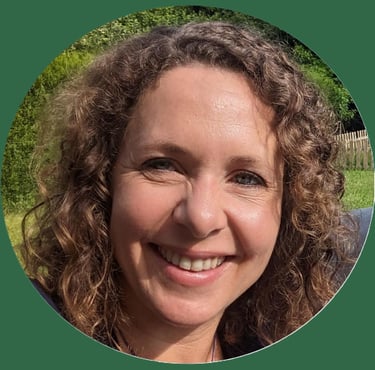

Wissem Seddik, PhD.
Scientific background
Wissem Seddik is a lawyer specialized in environmental law. After obtaining his master’s degree from the University of Aix-Marseille, amU, he engaged in various activities on both practical and academic fields. He further authored for the amU a doctoral thesis on the regional cooperation in marine spatial planning across the Mediterranean. The jury decided to propose this thesis for a prize and to authorize its publication.
Most of Dr. Seddik's work focuses on coastal and maritime policies in relation to the law of the sea, the marine environment and the issue of use conflicts in this highly internationalized space. His research topics also address other issues such as production processes and methods under the WTO regulations and public-private partnerships related to natural resources and ecosystems management.
Major occupational activities
He has provided analysis and guidance to several organizations involved in the international governance of marine environment. In 2016, in the context of the negotiations on the BBNJ agreement at the UN, he carried out an exploratory work within the UNEP/MAP-SPA/RAC on the stakes and the policy tools for managing the Mediterranean High Seas through environmental planning.
In 2017, as part of a joint project between the UNEP/MAP-Plan Bleu and the Agence Française de Développement, AFD, he pre-identified pilot sites and partners for the establishment of public-private partnerships as a source of self-financing for protected areas in Morocco, Tunisia and Egypt.
Between 2017 and 2020, he supported various activities of the Mediterranean Protected Areas Network, MEDPAN, related to the articulation of MPAs with economic sectors such as small-scale fishing, and to the good understanding of the different legal protection statuses of sites at national, European and international levels.
From 2020 to 2025, he has focused on training and lecturing activities on international governance of marine environment.
